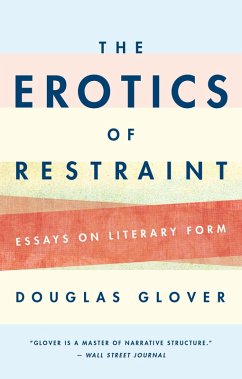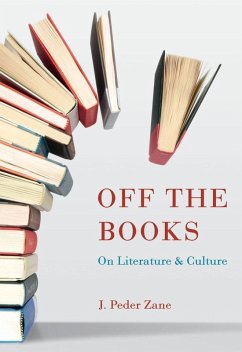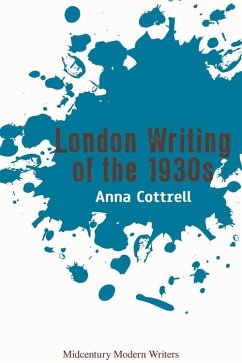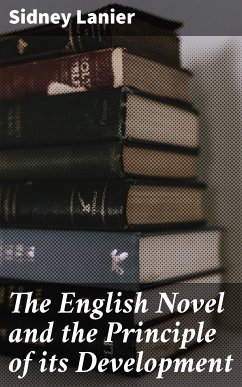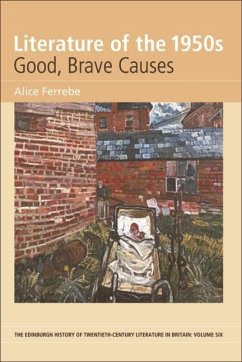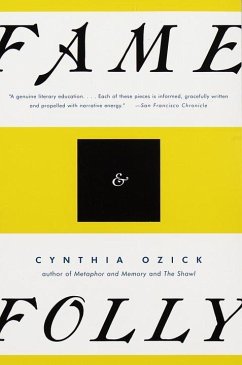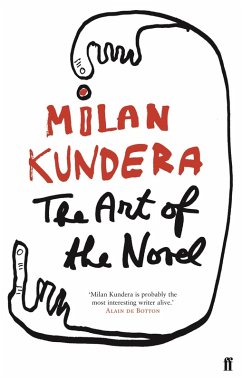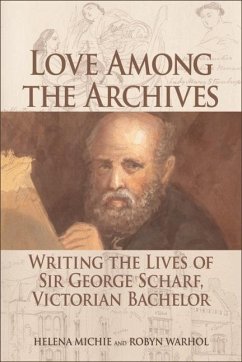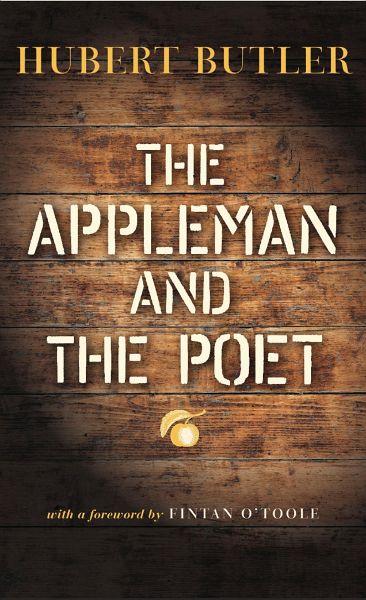
The Appleman and The Poet (eBook, ePUB)
Versandkostenfrei!
Sofort per Download lieferbar
13,00 €
inkl. MwSt.
Weitere Ausgaben:

PAYBACK Punkte
0 °P sammeln!
The Appleman and the Poet, the fifth volume of Hubert Butler's essays, completes a thirty-year odyssey embarked upon by The Lilliput Press in 1984. Our flagship author has finally come home, welcomed by Fintan O'Toole in his foreword: 'One of the great joys of these essays is the discovery of sentences as sharp and lithe as a Toledo rapier.' Beginning with 'Russian Dispatches 1932-1946,' Butler gives an evocative description - from the viewpoint of a bourgeois teacher - of a society in dissolution, before the onset of Stalin's Great Purge, as show farms give way to show trials, the iron curtai...
The Appleman and the Poet, the fifth volume of Hubert Butler's essays, completes a thirty-year odyssey embarked upon by The Lilliput Press in 1984. Our flagship author has finally come home, welcomed by Fintan O'Toole in his foreword: 'One of the great joys of these essays is the discovery of sentences as sharp and lithe as a Toledo rapier.' Beginning with 'Russian Dispatches 1932-1946,' Butler gives an evocative description - from the viewpoint of a bourgeois teacher - of a society in dissolution, before the onset of Stalin's Great Purge, as show farms give way to show trials, the iron curtain descends across Europe, and Communism and Christianity lock horns. Part Two, 'Peace News Papers 1948-1958,' largely derives from the weekly Peace News, in which Butler debates and defends with steely precision Ireland's neutrality, pacifism, and the integrity of Yugoslavia, 'where we know that in 1941 and 1942 one very pious government [Croatia's] perpetrated the greatest massacre in the history of Christendom.' 'Autobiographies' contains some of Butler's most affecting work. It describes his parents and home at Maidenhall; details his education in England; reflects on a universal sexuality; has a poignant piece about deafness; and concludes with the Virgilian essay of the book's title. Part Four, 'Musings of an Irish Protestant,' expresses Butler's potent sense of an Anglo-Irish identity and community: from the 'right of private judgment' proclaimed at the 1782 Dungannon Convention, in a line of descent from Charlemont, Henry Grattan, Wolfe Tone and Emmet, via Thomas Davis, Standish O'Grady, Parnell and Arthur Griffith, to Yeats and the men of 1916 - all independent spirits. 'Family Matters' addresses the Butler clan at home and abroad, with essays taken from the Journal of the Butler Society. 'History and Literature under Review' assembles newspaper and journal pieces on diverse subjects: Swift, Yeats, Horace Plunkett, Enid Starkie, Rebecca West (in Yugoslavia), the Holocaust, Early Irish saints, Hans Küng, Teilhard de Chardin, and Ronald Reagan and the American Wall of Separation (between Church and State) in the 1980s. The Appleman and the Poet places a capstone upon a project begun with Escape from the Anthill in 1985. Butler's essays, written over six decades, establish him as one of Ireland's great twentieth- century prose writers and thinkers.
Dieser Download kann aus rechtlichen Gründen nur mit Rechnungsadresse in A, B, BG, CY, CZ, D, DK, EW, E, FIN, F, GR, H, IRL, I, LT, L, LR, M, NL, PL, P, R, S, SLO, SK ausgeliefert werden.




